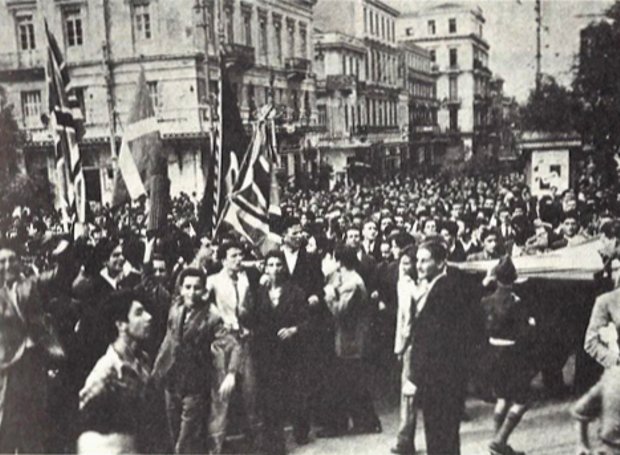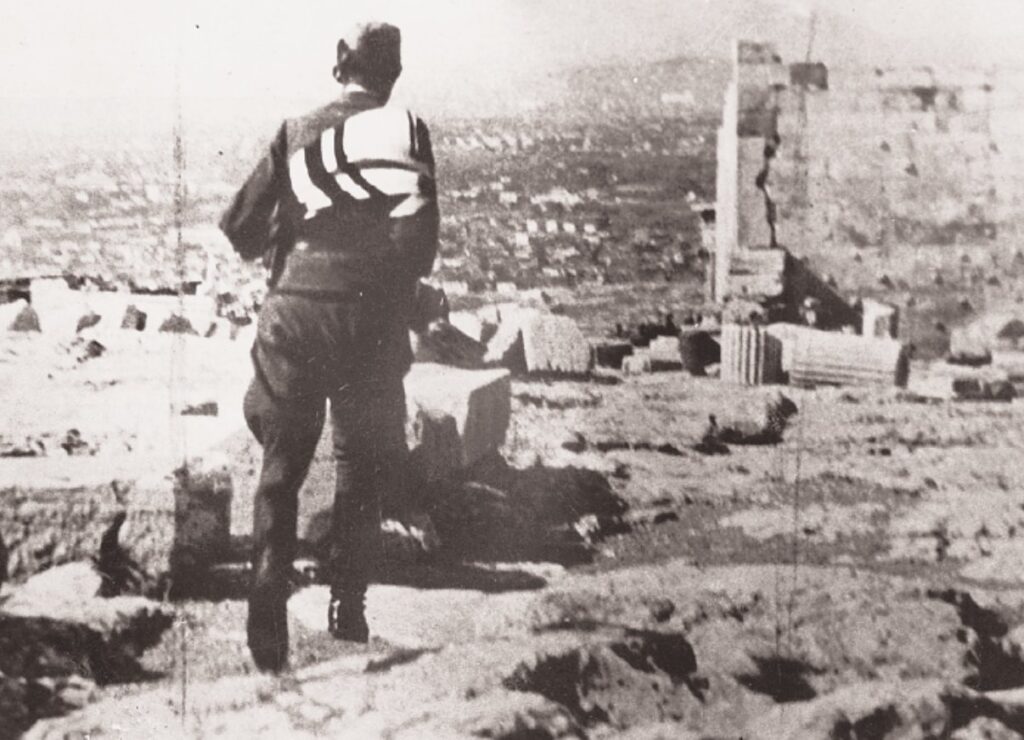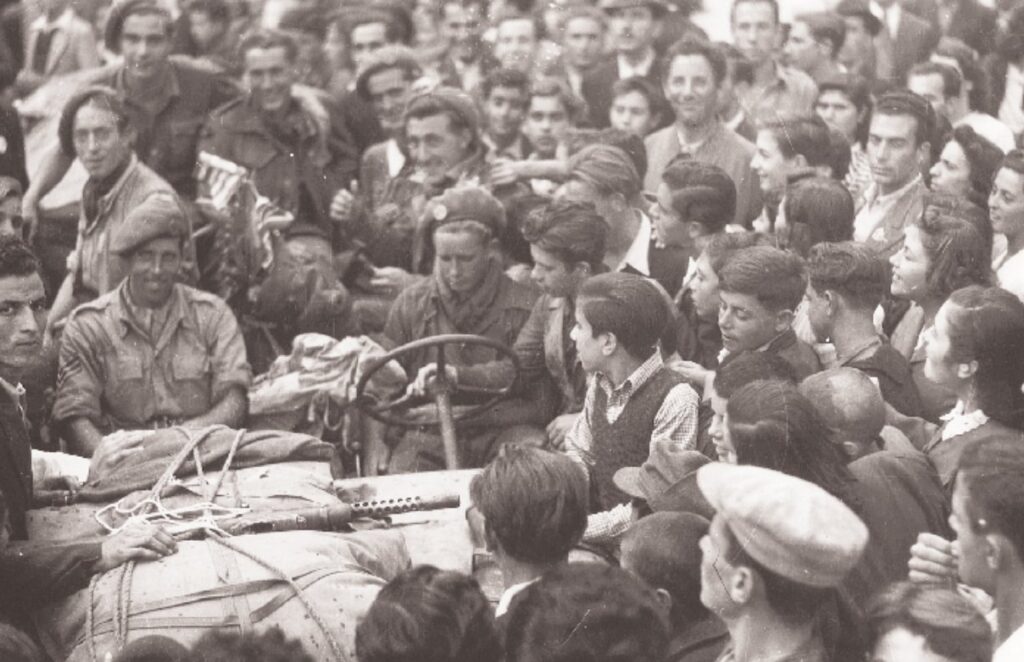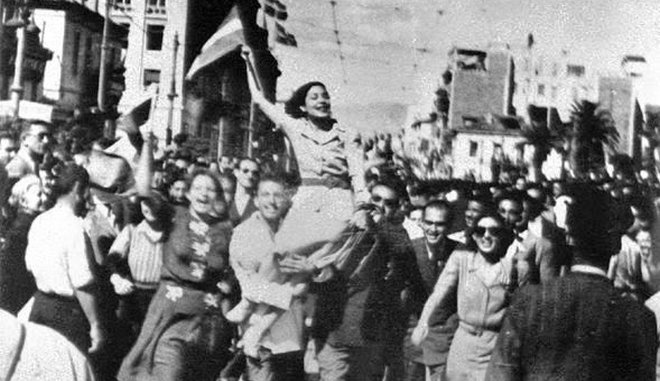It was a sunny Thursday morning when church bells rang joyfully, inviting Athenians to take to the streets to celebrate the end of the German occupation after three and a half horrendous years. It was October 12, 1944.
Soon the rest of the suffering country would be free too. By November 3, the last German, Italian and Bulgarian soldiers had left the mainland. Only Crete had to suffer under the German boot for a few more months.
The countdown to the withdrawal of the Germans and their Bulgarian allies from Greece had taken place a few months earlier, on June 6, when the American army landed in Normandy and began to move towards Germany, with the Soviet army advancing from the east side. It was obvious then that the days of Nazi Germany were numbered.

In the period before liberation, the political consultations on the post-occupation situation in Greece had intensified. For their part, the Germans were looking behind the scenes for their safe departure from our country.
From April 26, 1944, the Greek government in exile was led by George Papandreou but the British were the ones who moved the threads. With the Lebanon Conference (May 17-20, 1944) and Caserta Agreement (September 26, 1944), the guerrilla groups of ELAS and EDES were placed under the orders of the Papandreou government, which was also enriched with EAM executives.
The Germans began to withdraw gradually from Athens on the night of October 11 heading north. At 8 am on October 12, the few Germans who had remained in Athens gathered at the monument of the Unknown Soldier. There, in a hasty ceremony, the head of the occupying forces, General Helmut Felmi, accompanied by the occupying mayor of Athens, Angelos Georgatos, laid a wreath.

All that remained was the removal of the Nazi flag from the Holy Rock of the Acropolis. A German soldier unofficially lowered the swastika at 9.15 am and took it with him as he left with his head bowed. This marked the end of the 1,625-day German occupation and the beginning of a crazy festival on the streets of Athens.
Thousands of people with blue and white on their hands were kissing each other, shouting “Christ has Risen,” children were climbing on the roofs of trams, while the National Anthem was resounding from one end of the street to the other. After three and a half years of slavery, the Athenians breathed for the first time the intoxicating air of freedom.
In the six days that passed until the arrival of the government in Athens, the power was exercised by a three-member committee, consisting of Themistoklis Tsatsos, Filippos Manouilidis and Giannis Zevgos, assisted by the commander of the Athens Police, Angelos Evert. Two days later, forces of the 3rd Corps of the British Army under Lieutenant General Ronald Scobby began arriving in the capital, which were enthusiastically received by the Athenians.

On October 18, George Papandreou and his government arrived in Athens. On the same day, the Prime Minister, in a moving ceremony, raised the Greek flag on the Acropolis and then spoke to the gathered crowd in Syntagma Square from the balcony of the Ministry of Finance.
In a masterfully structured speech, he announced the intentions of his government, stressing, among other things, the need to satisfy national demands, restore popular sovereignty, resolve the state issue after a free referendum and punish the accomplices of the occupiers.
The crowd, that often interrupted him with slogans in favor of EAM and the Greek Communist Party (KKE), welcomed his announcements with cries in favour of a people’s republic. Papandreou, who had been forced to steer constantly between the Left and the Right, replied with the characteristic phrase that remained in history: “We also believe in a people’s republic.”
However, the joy and festivities for the liberation lasted only 53 days. On December 3, the sound of gunfire echoed again in the streets of the capital, starting at Syntagma Square. The December events (Dekemvriana) were the precursor of the bloody Civil War (1946-1949).

